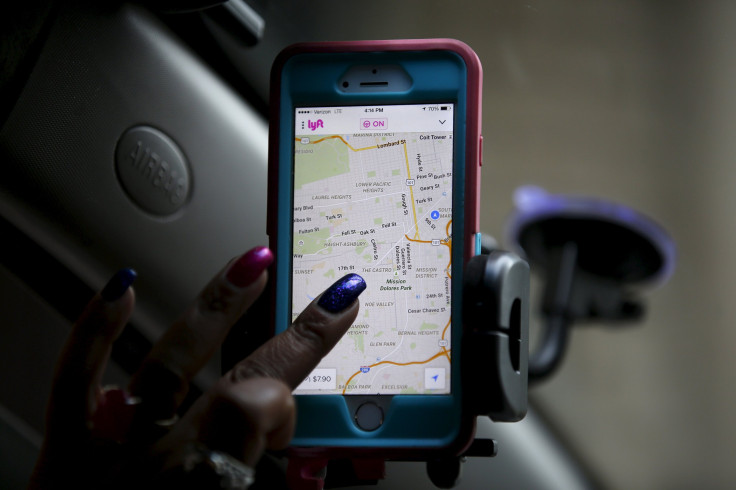Equal Pay Day 2017: Women Closer To Wage Equity In The Gig Economy, Study Finds

Tuesday is Equal Pay Day, an occasion to raise awareness of the 17-cent disparity between women’s and men’s wages in the U.S.—a gap that some female workers believe may be closing faster with the rise of the gig economy, according to a new report.
A full 86 percent of women working in the so-called “gig economy”—a catchall term for irregular freelance work often done through apps and websites like Uber, Lyft, TaskRabbit and 99designs—saw such employment as a way to close the gender pay gap, according to a report released Tuesday by Hyperwallet. Only 41 percent of the 2,000 women surveyed felt that “traditional” 9-to-5 jobs offered the opportunity to bridge the disparity. A third reported adopting a username that didn’t reveal their gender, as a means of both maintaining anonymity and shielding themselves from sexism in the marketplace.
Read: 11 Tips For Taking Advantage Of The Modern Economy Next Year
The findings, however, should be taken with a grain of salt, as San Francisco-based Hyperwallet Systems Inc. is in the business of providing "new economy businesses" with global worker payout services, and would therefore benefit financially from a boost in the gig workforce.
The perceived gains from switching to potentially erratic contract work conducted through startup apps and sites should be allotted careful scrutiny as well. Uber, for example, agreed to pay the Federal Trade Commission a $20 million settlement in January over a lawsuit by the agency alleging that it vastly overstated drivers’ pay rates.
While skilled workers may benefit from the economy’s shift toward gig work, low-skilled retail and service workers remained subject to low pay, no benefits, no overtime and no minimum wage, with the only advantage being a more flexible schedule, Diane Mulcahy, author of “The Gig Economy: The Complete Guide to Getting Better Work, Taking More Time Off and Financing the Life You Want,” wrote in the Harvard Business Review in October. Nearly a fifth of the female gig workers surveyed by Hyperwallet previously worked in retail.
Read: Just 1% Of Company’s Tech Workers Are Black And 2% Are Hispanic
Worse, some, like the New Yorker’s Jia Tolentino, have voiced concerns that the gig economy enshrines an unhealthy lack of work-life balance in the name of getting by. Citing a Lyft blog post that praised a pregnant driver for continuing to work while going into labor and an ad for freelance service marketplace Fiverr that described its ideal worker as someone who “eat[s] a coffee for lunch” and for whom “sleep deprivation is your drug of choice,” she pointed to the gap between the gig economy’s rhetoric and its actual rewards.
“At the root of this is the American obsession with self-reliance, which makes it more acceptable to applaud an individual for working himself to death than to argue that an individual working himself to death is evidence of a flawed economic system,” Tolentino wrote in late March. “The contrast between the gig economy’s rhetoric (everyone is always connecting, having fun, and killing it!) and the conditions that allow it to exist (a lack of dependable employment that pays a living wage) makes this kink in our thinking especially clear.”
Correction: A previous version of this article misstated the city in which Hyperwallet was based. It is now based in San Francisco.
© Copyright IBTimes 2024. All rights reserved.






















